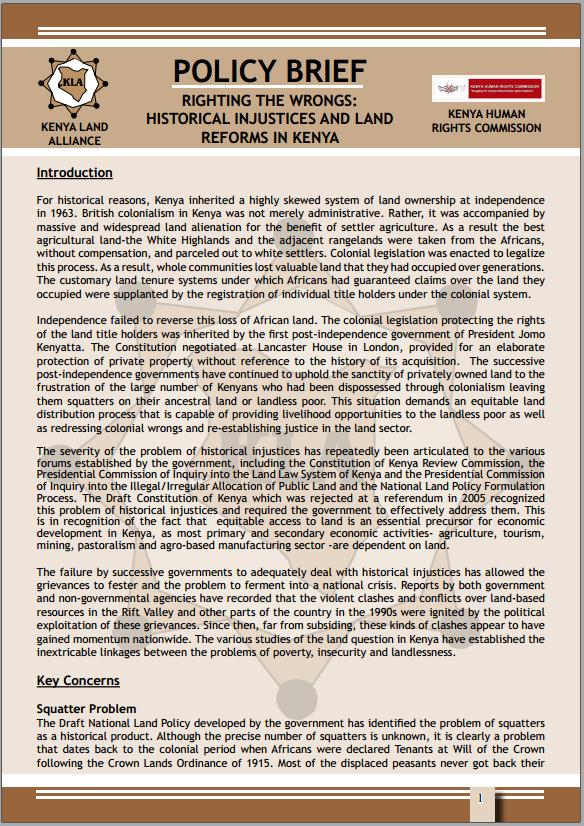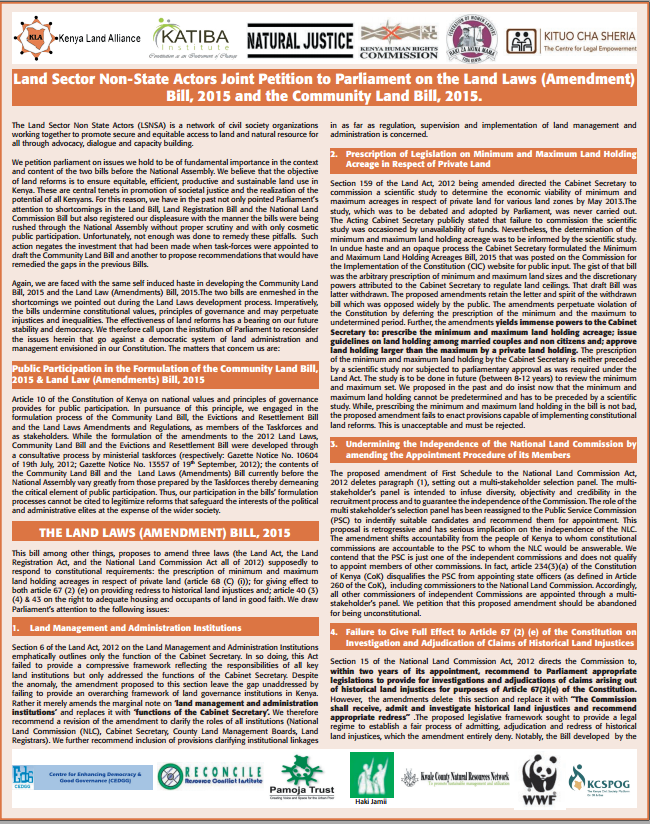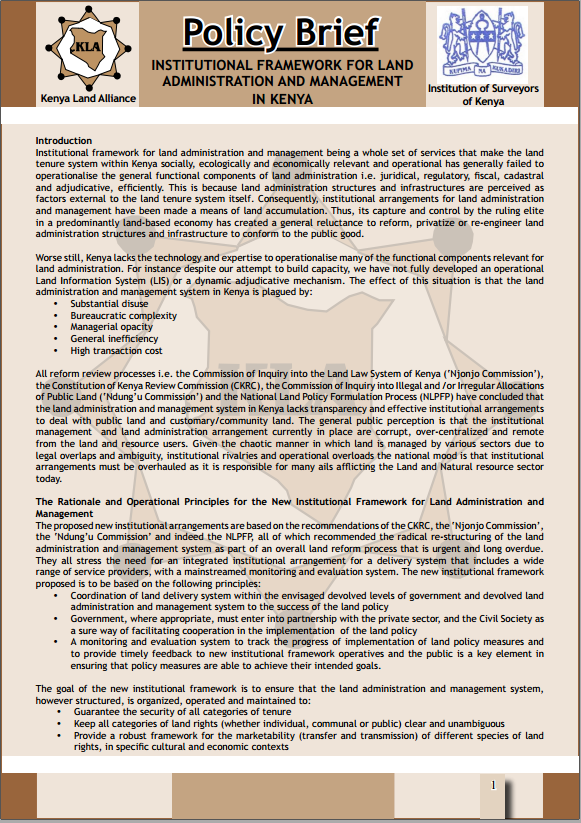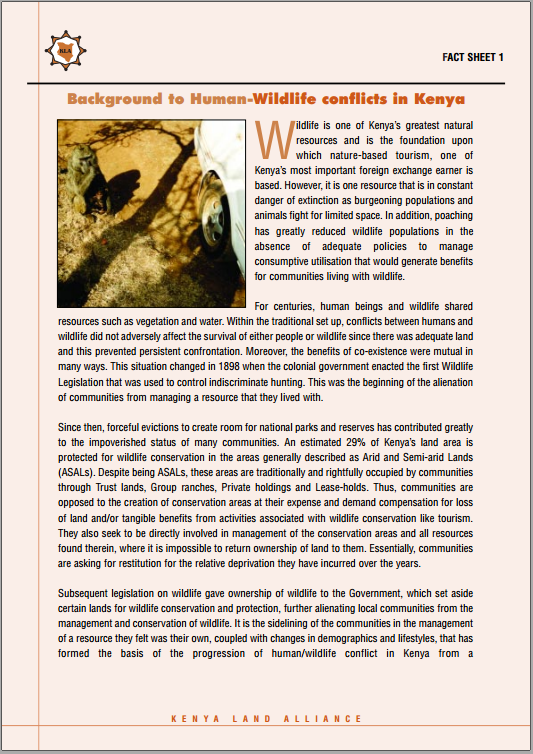‘Not One More Bloody Acre’: Land Restitution and the Treaty of Waitangi Settlement Process in Aotearoa New Zealand
Te Tiriti o Waitangi, signed between Māori rangatira (chiefs) and the British Crown in 1840 guaranteed to Māori the ‘full, exclusive and undisturbed possession of their lands’. In the decades that followed, Māori were systematically dispossessed of all but a fraction of their land through a variety of mechanisms, including raupatu (confiscation), the individualisation of title, excessive Crown purchasing and the compulsory acquisition of land for public works.












